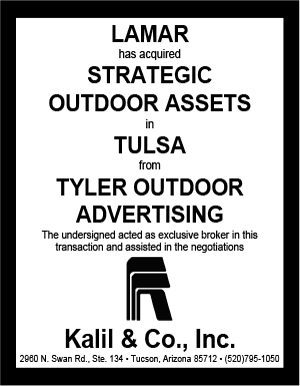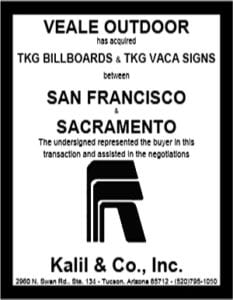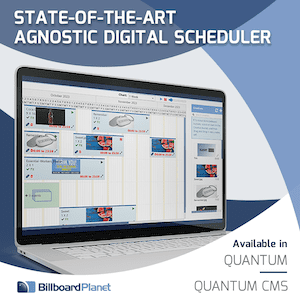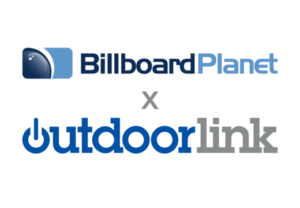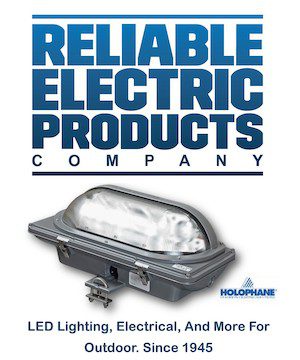
Billboard Insider reported in its December 27th edition on the recent decision in StreetMediaGroup and Turnpike Media vs Colorado DOT. This December 6, 2021 opinion from the US District Court for the District of Colorado is extremely important, as it represents the next development in the long running saga of constitutional challenges to content-based sign codes and the legislative efforts to cure them.
In StreetMediaGroup, the billboard companies challenged the amended Colorado Highway Beautification Act. Like most HBAs across the Country, Colorado’s Act differentiated between on-premise and off-premise signs based on the content displayed on the sign, i.e., whether the goods, services, or businesses advertised on the sign were located on or off of the premises where the sign was located. In 2021, however, the Act was amended, purportedly to eliminate the content-based definitions and replace them with references to the compensation exchanged for the sign display. Specifically, what was once known as a regulated off-premise sign or billboard is now called an “advertising device,” “for which compensation is directly or indirectly paid or earned in exchange for its erection or existence by any person or entity.” Nevertheless, the Plaintiffs still challenged the amended Colorado HBA under the First Amendment, contending it contained content-based restrictions that did not survive strict scrutiny.
The Court disagreed, finding that the “language of the current act and rules is content-neutral. It requires permits for signs erected for compensation without reference to the content of the signs.” Citing the Supreme Court’s seminal 2015 decision in Reed vs Town of Gilbert, the Court went on to observe the CDOT “permit requirement can be justified without reference to a sign’s content-CDOT need not be aware of a sign’s content to determine whether compensation was received for its erection.” The Court also rejected the billboard companies’ challenges to the amendments under vagueness, prior restraint, and equal protection grounds. Therefore, Colorado’s motion to dismiss the complaint of StreetMediaGroup and Turnpike Media was granted.
The Colorado Legislature was perhaps the most recent of several state legislatures to have attempted similar fixes to their HBAs containing the old definitions and exemptions for on-premise and off-premise signs. For example, state and federal courts in Texas, Tennessee, Kentucky, and Oregon have found over the last four years that the HBAs in those states were content-based and violated the First Amendment. And, currently pending before the Supreme Court is Reagan and Lamar vs City of Austin, in which a decision is expected in mid-2022 on the constitutionality of Austin’s code allowing digital displays for on-premise but prohibiting them for off-premise signs. In response to these legal challenges, many municipalities and state legislatures have amended their sign codes and state HBAs to render them content-neutral and cure the constitutional defects. The means for this legislative fix is usually along the lines of the Colorado Act, namely whether some form of compensation is paid in exchange for maintaining messages on the sign.
The decision in StreetMediaGroup and Turnpike Media vs Colorado DOT is from a federal district trial court, thereby leaving plenty of opportunity for further appeals to higher appellate courts, which may have more to say on this hotly contested legal issue. For the time being, however, the content-neutral approach for distinguishing and regulating billboards under the Colorado HBA, as well as those of several other states, will pass constitutional muster.
[wpforms id=”9787″]
Paid Advertisement
